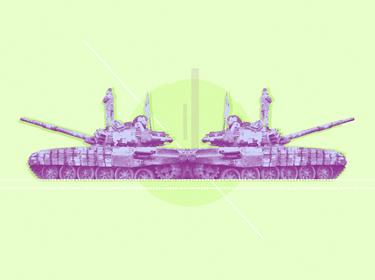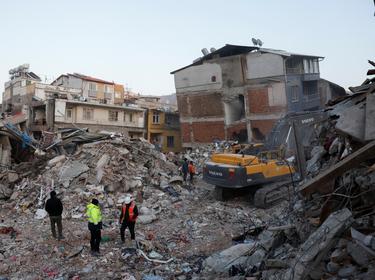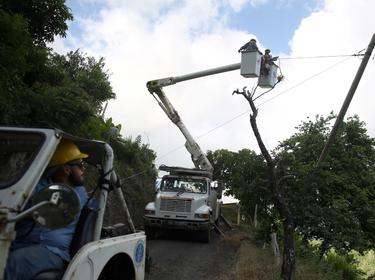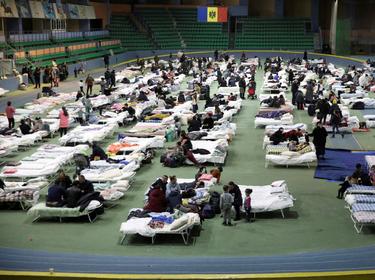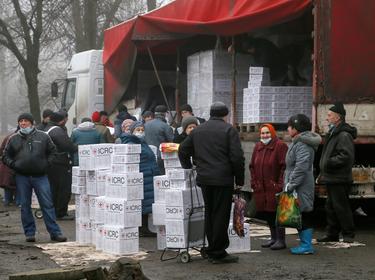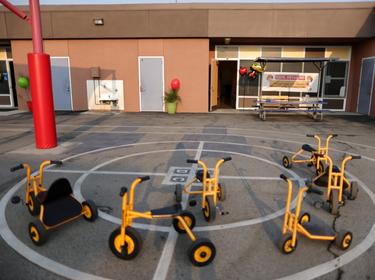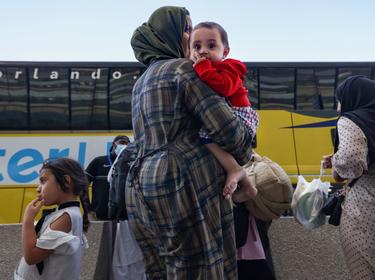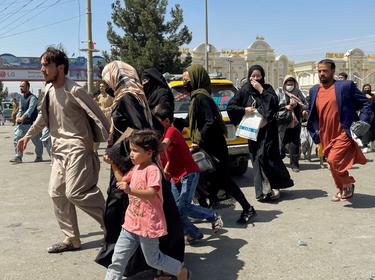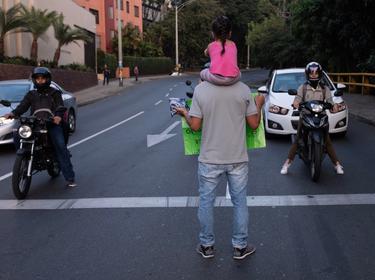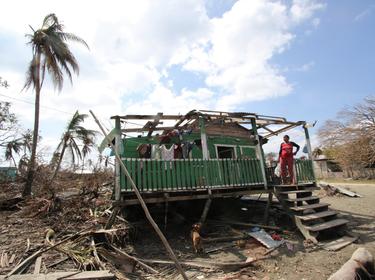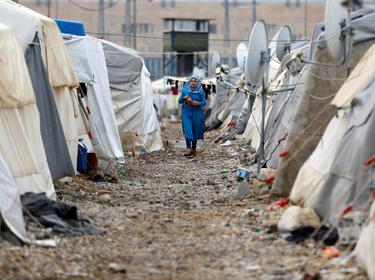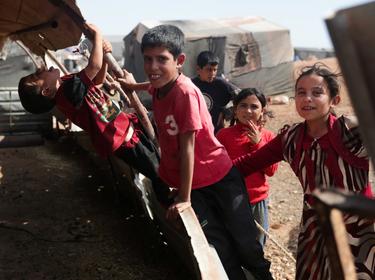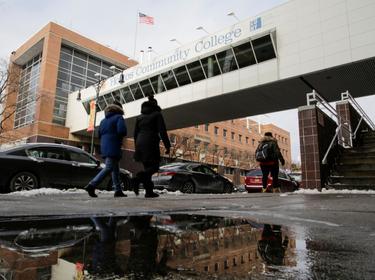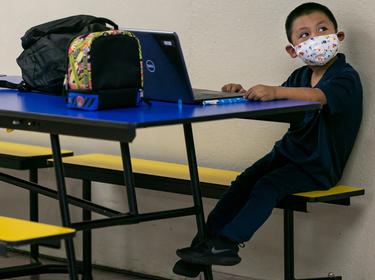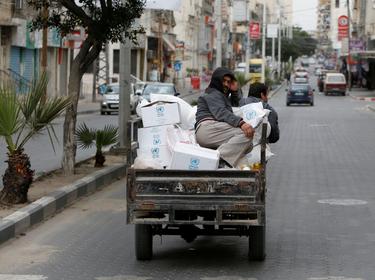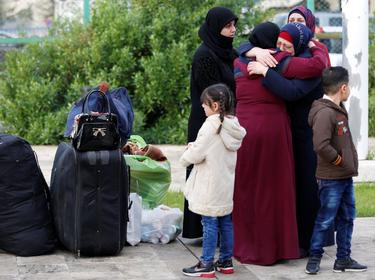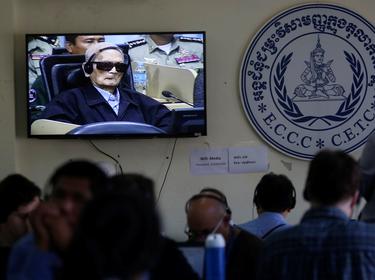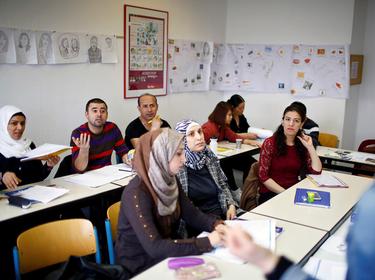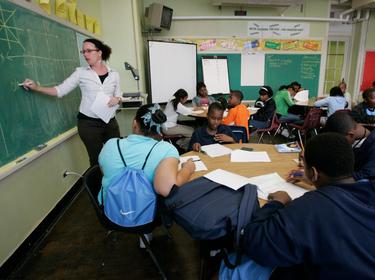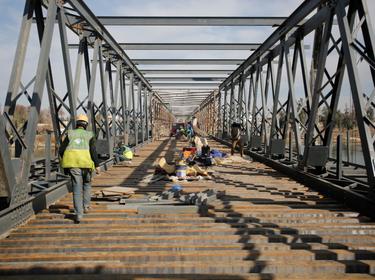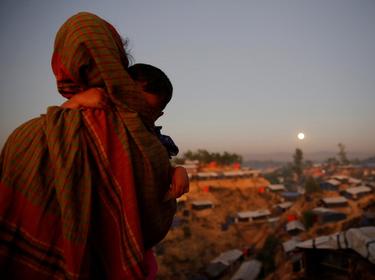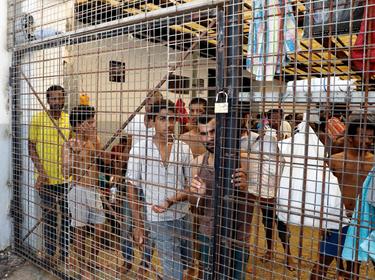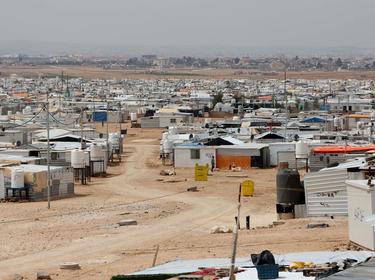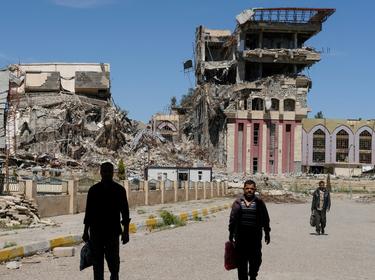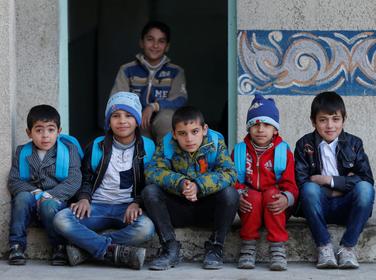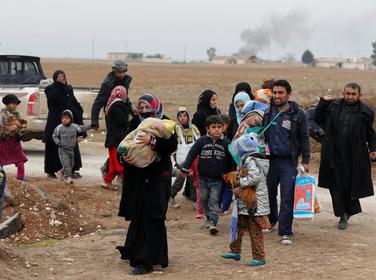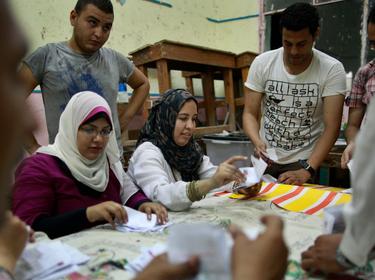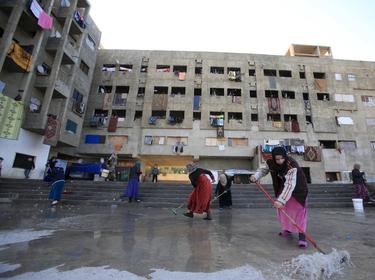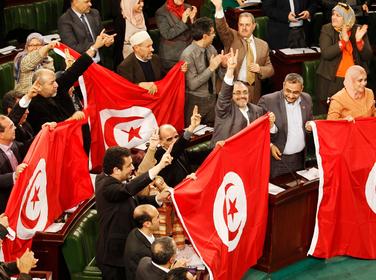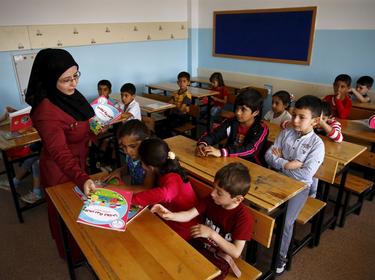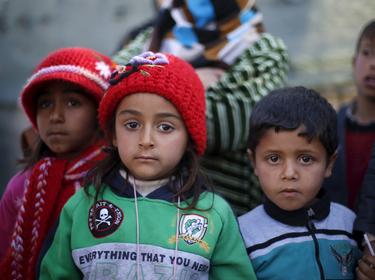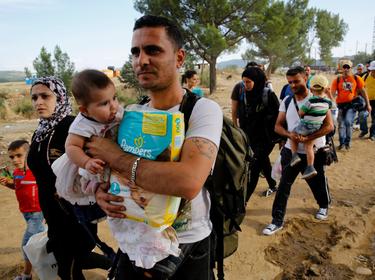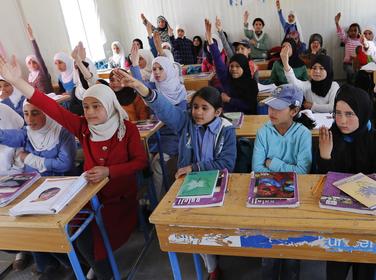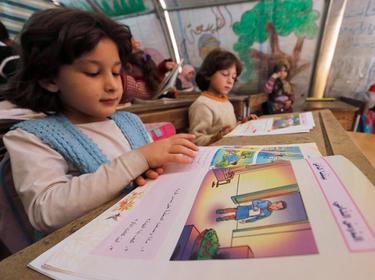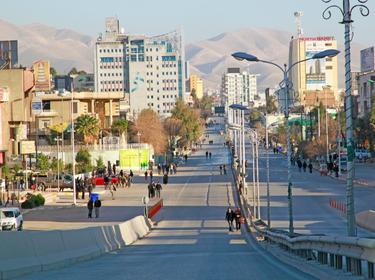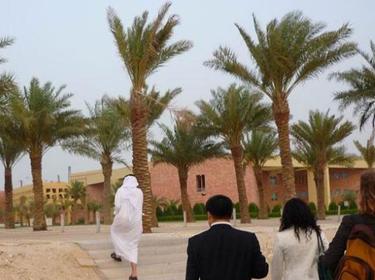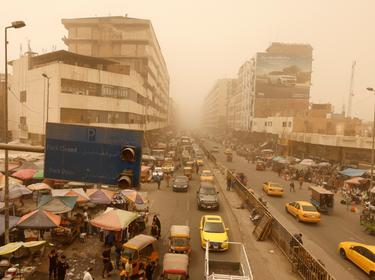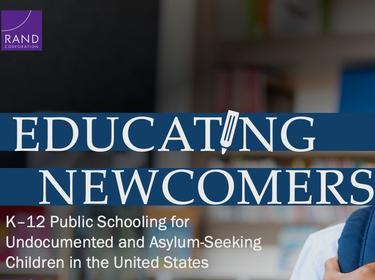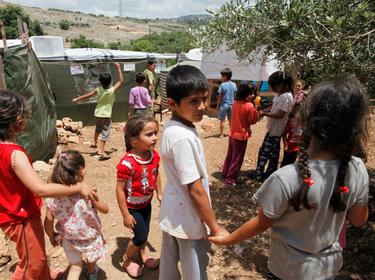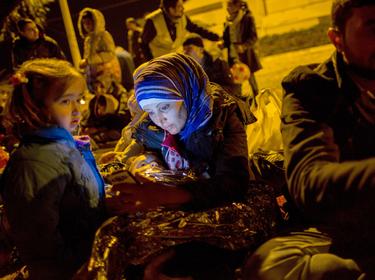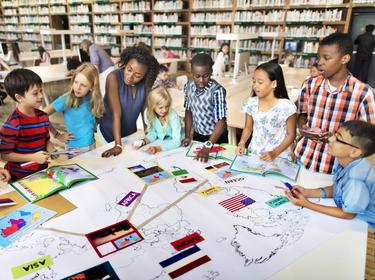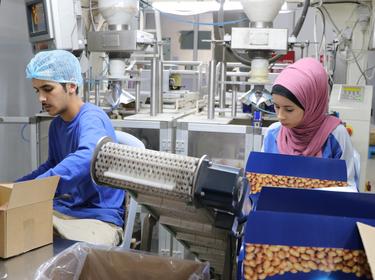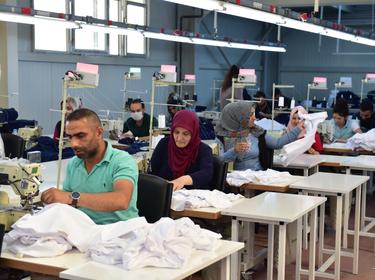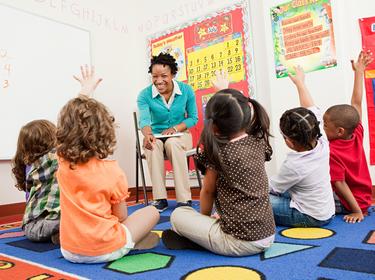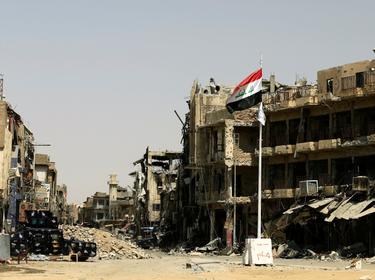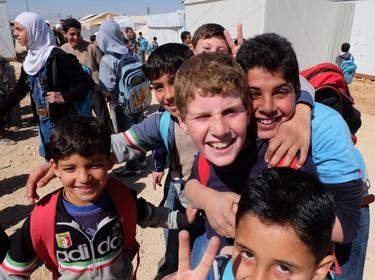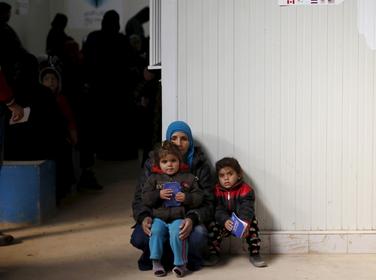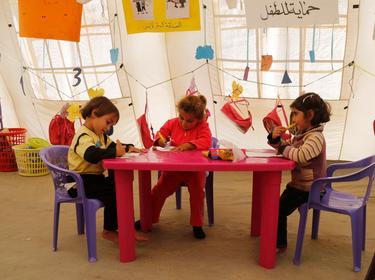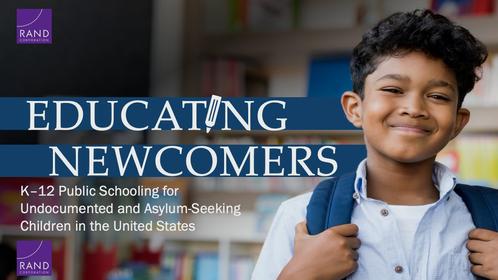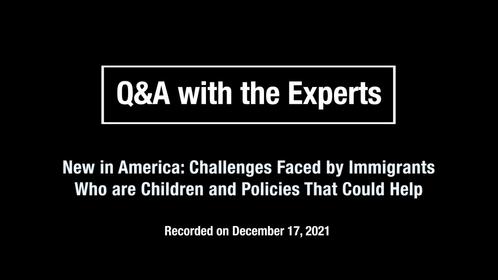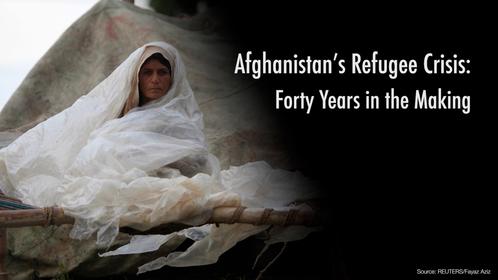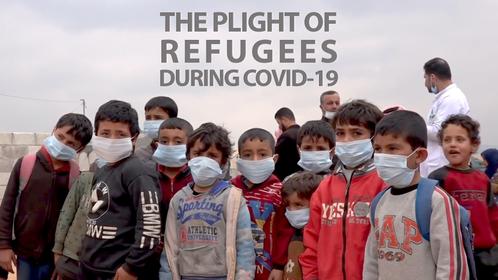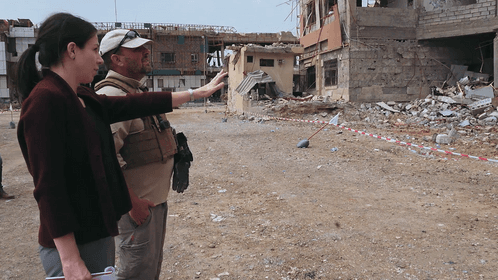Shelly Culbertson is a senior policy researcher and the director of the Infrastructure, Immigration, & Security Operations Program (IISO), part of the RAND Homeland Security Research Division. IISO supports eight organizations inside the Department of Homeland Security (DHS) with strategic analysis on infrastructure security and resilience, immigration policy and enforcement, and law enforcement and security issues.
Culbertson's research focuses on immigration policy, mass migration, refugees, disaster recovery, post-conflict recovery, and international development. She has led multiple studies about mass migration, with particular focus on education, jobs, security, return conditions, and technology. She led a disaster recovery implementation plan for the U.S. Virgin Islands, sponsored by FEMA, a study on municipal recovery capacities needed for recovery in Puerto Rico, and a study on post-conflict stabilization of Mosul, Iraq after the operations against ISIS. Her international development work has focused on education policy in the Middle East. She coled a multi-year effort to advise the Kurdistan Regional Government of Iraq on improving education and coordinated RAND's project to design programs for the Qatar National Research Fund, which has now awarded over a billion dollars in research grants.
Prior to RAND, Culbertson worked at the U.S. State Department on Turkey and at LMI Government Consulting. Her commentaries have appeared in Foreign Policy, The National Interest, The Hill, Foreign Affairs, Newsweek, and other news outlets, and she has conducted media interviews on MSNBC, NPR, BBC World, and elsewhere. Culbertson is the author of The Fires of Spring: A Post Arab Spring Journey Through the Turbulent New Middle East (St. Martin's Press). She earned her M.P.A. in public policy and international development from the School for Public and International Affairs, Princeton University.
Selected Publications
Culbertson, Shelly, Julia H. Kaufman, Jenna W. Kramer, and Brian Phillips, Educating Newcomers: K–12 Public Schooling for Undocumented and Asylum-Seeking Children in the United States, RAND Corporation (RR-A1326-1), 2021
Culbertson, Shelly, Blas Nunez-Neto, Joie D. Acosta, Cynthia R. Cook, Andrew Lauland, Kristin J. Leuschner, Shanthi Nataraj, Benjamin Lee Preston, Susan A. Resetar, Adam C. Resnick, Patrick S. Roberts, and Howard J. Shatz, Recovery in the U.S. Virgin Islands: Progress, Challenges, and Options for the Future, RAND Corporation (RR-A282-1), 2020
Shelly Culbertson, The Fires of Spring: A Post-Arab Spring Journey Through the Turbulent New Middle East, St. Martin's Press, 2016
Culbertson, Shelly, Linda Robinson, Making Victory Count After Defeating ISIS: Stabilization Challenges in Mosul and Beyond, RAND Corporation (RR-2076), 2017
Culbertson, Shelly, John Bordeaux, Italo A. Gutierrez, Andrew Lauland, Kristin J. Leuschner, Blas Nunez-Neto, and Lisa Saum-Manning, Building Back Locally: Supporting Puerto Rico's Municipalities in Post-Hurricane Reconstruction, RAND Corporation (RR-3041), 2020
Constant, Louay, Shelly Culbertson, Jonathan S. Blake, Mary Kate Adgie, and Hardika Dayalani, In Search of a Durable Solution: Examining the Factors Influencing Postconflict Refugee Returns, RAND Corporation (RR-A1327-1), 2021
Kumar, Krishna B., Shelly Culbertson, Louay Constant, Shanthi Nataraj, Fatih Unlu, Kathryn E. Bouskill, Joy S. Moini, Katherine Costello, Gursel Rafig oglu Aliyev, and Fadia Afashe, Opportunities for All: Mutually Beneficial Opportunities for Syrians and Host Countries in Middle Eastern Labor Markets, RAND Corporation (RR-2653), 2018
Culbertson, Shelly, James Dimarogonas, Katherine Costello, and Serafina Lanna, Crossing the Digital Divide: Applying Technology to the Global Refugee Crisis, RAND Corporation (RR-4322), 2019

